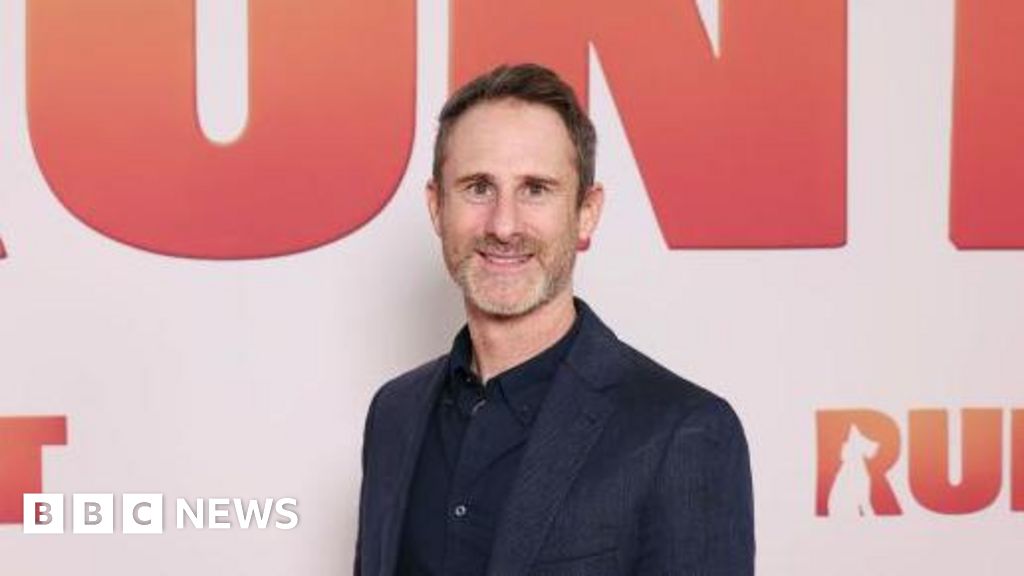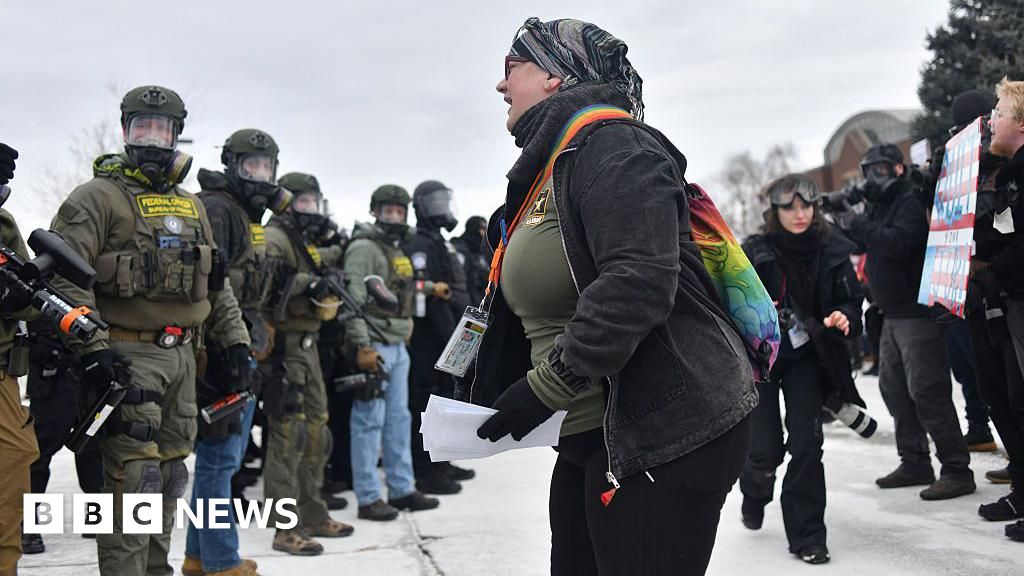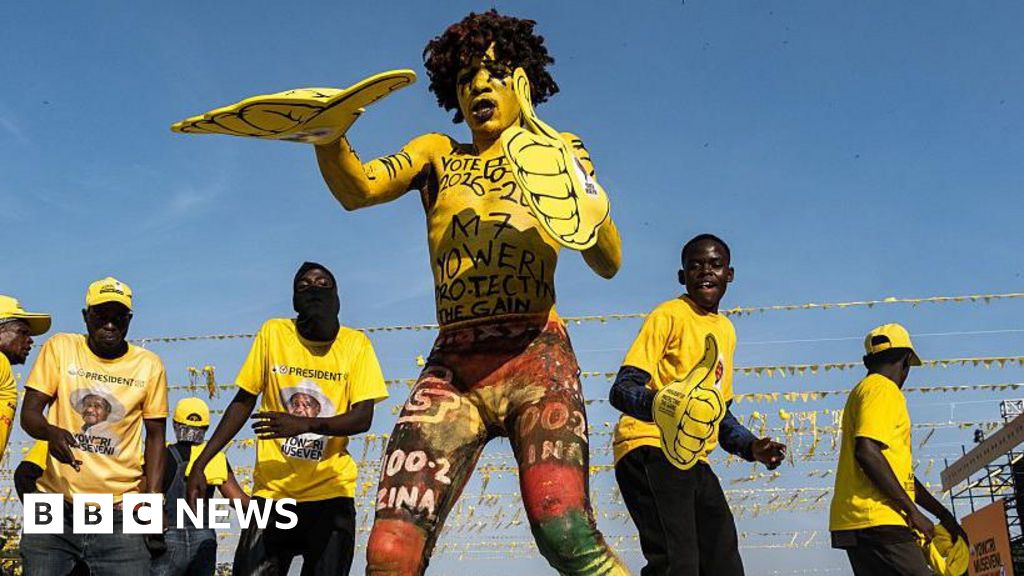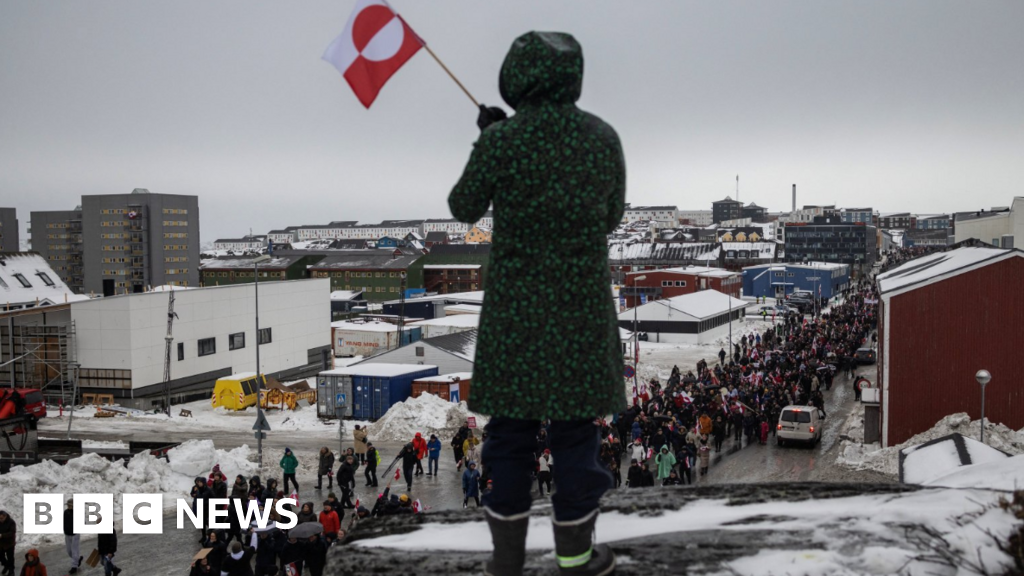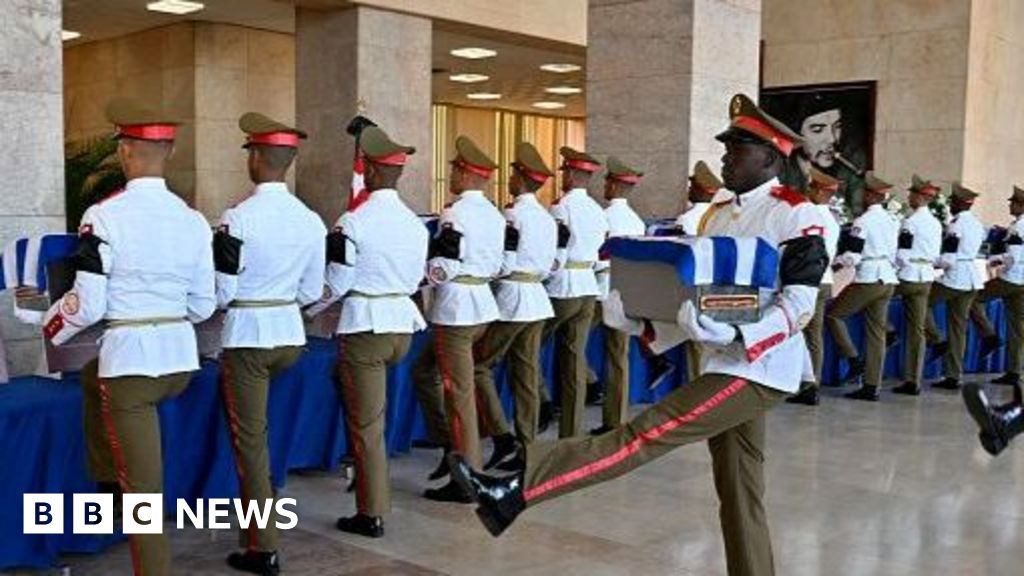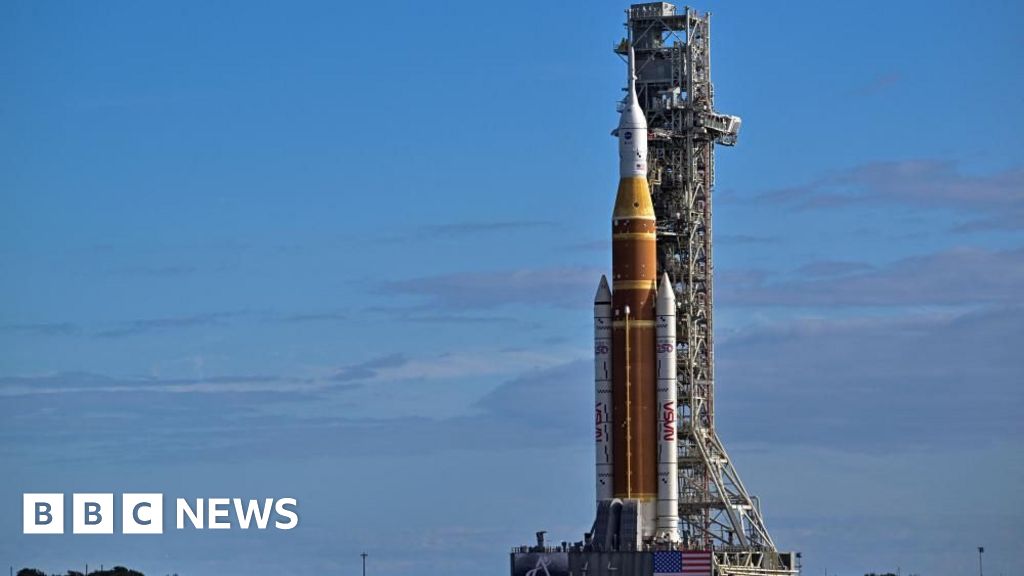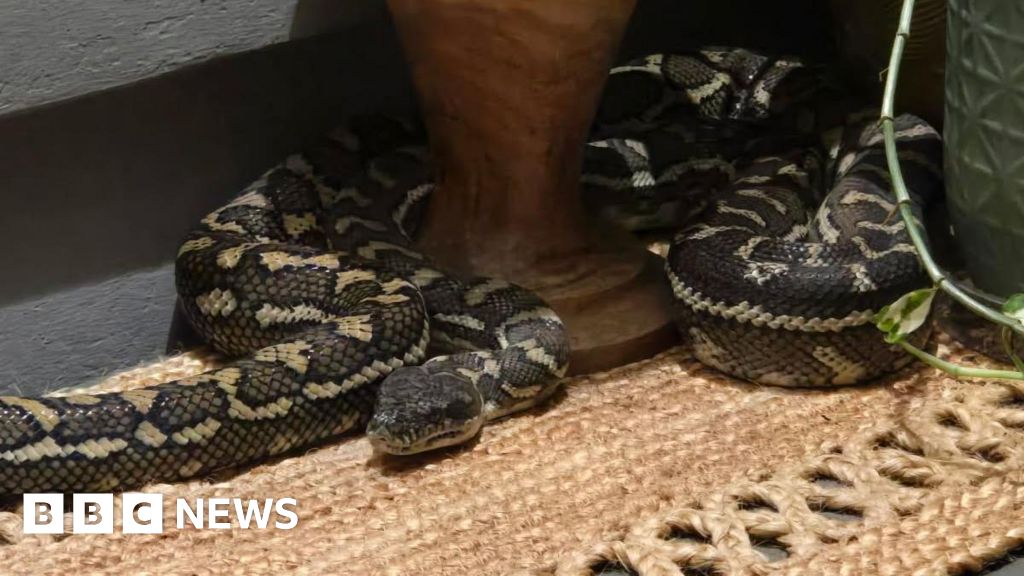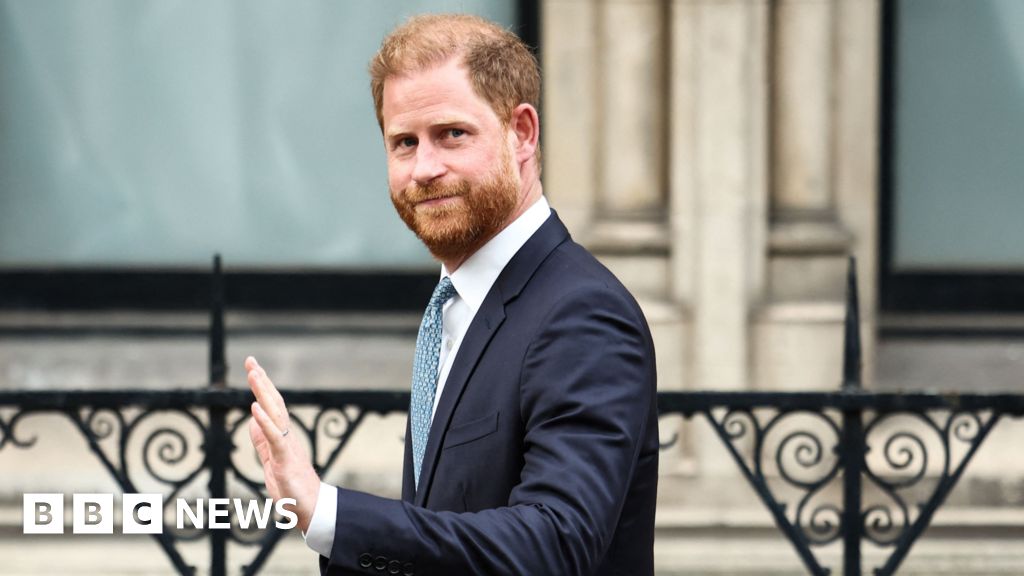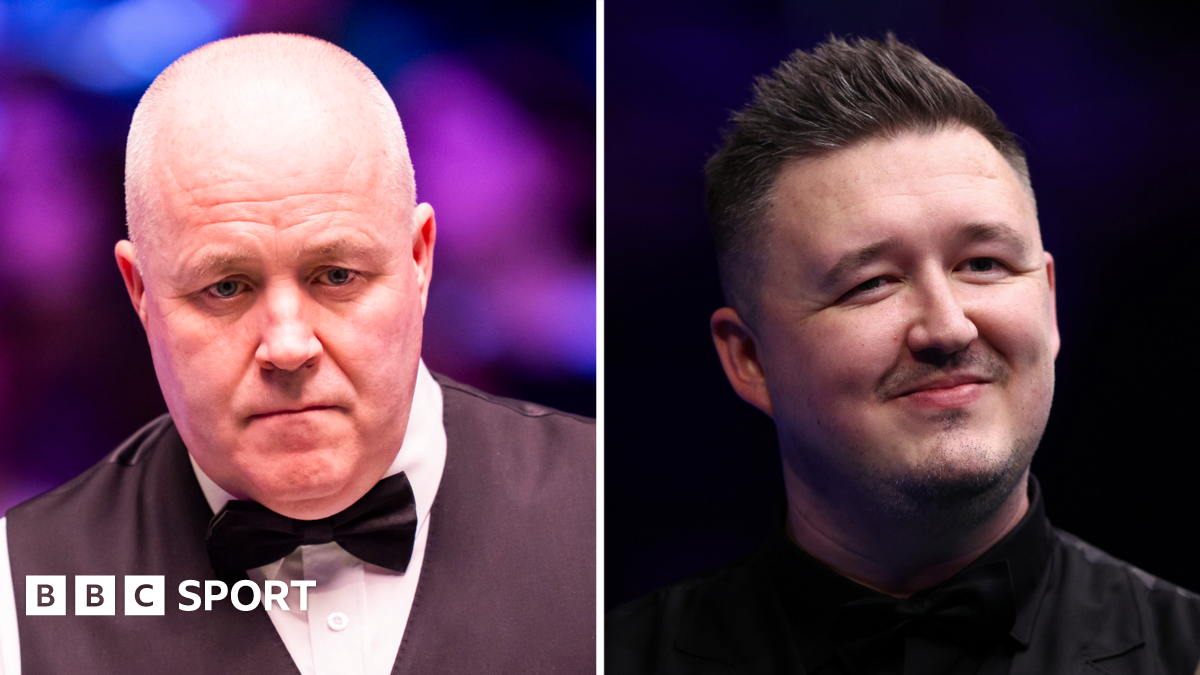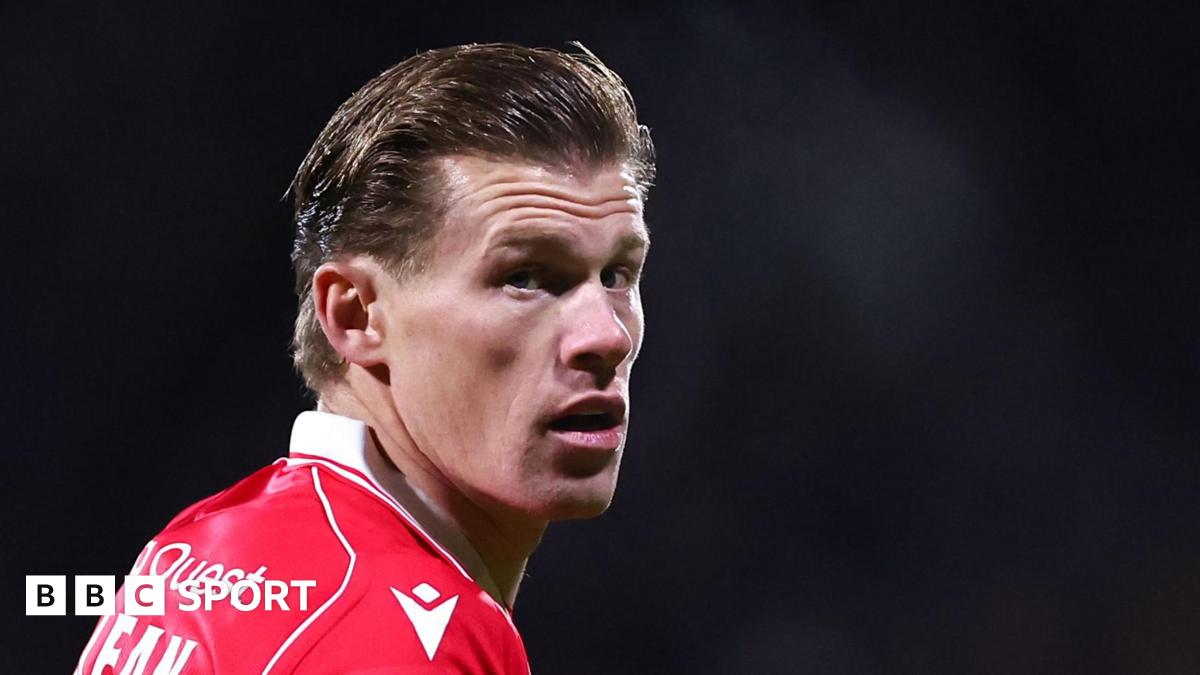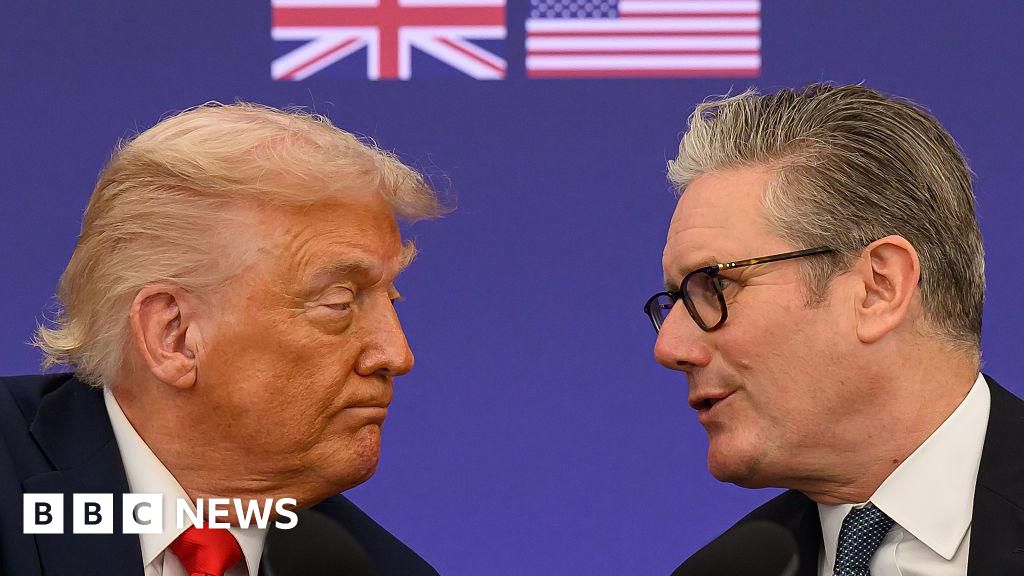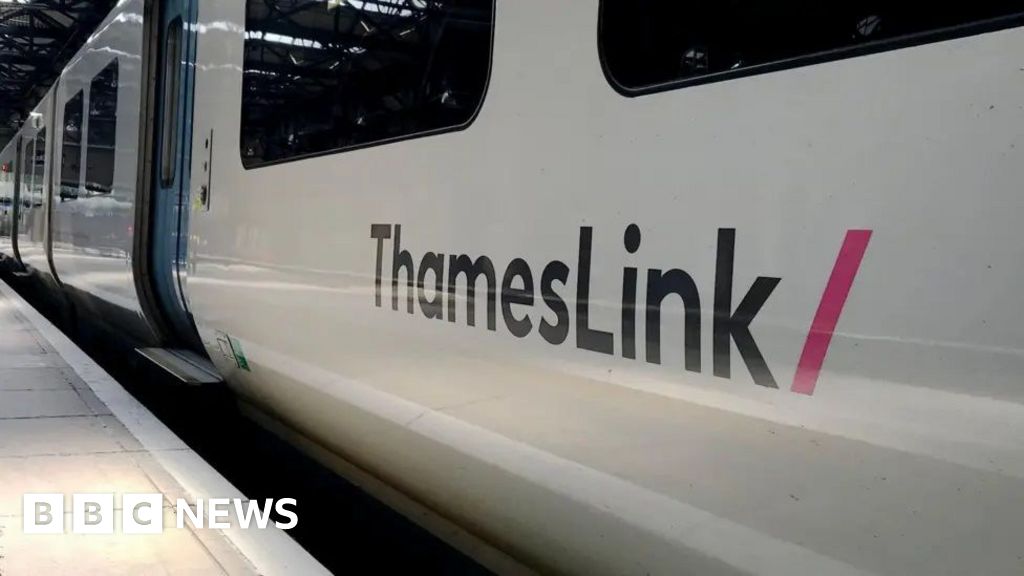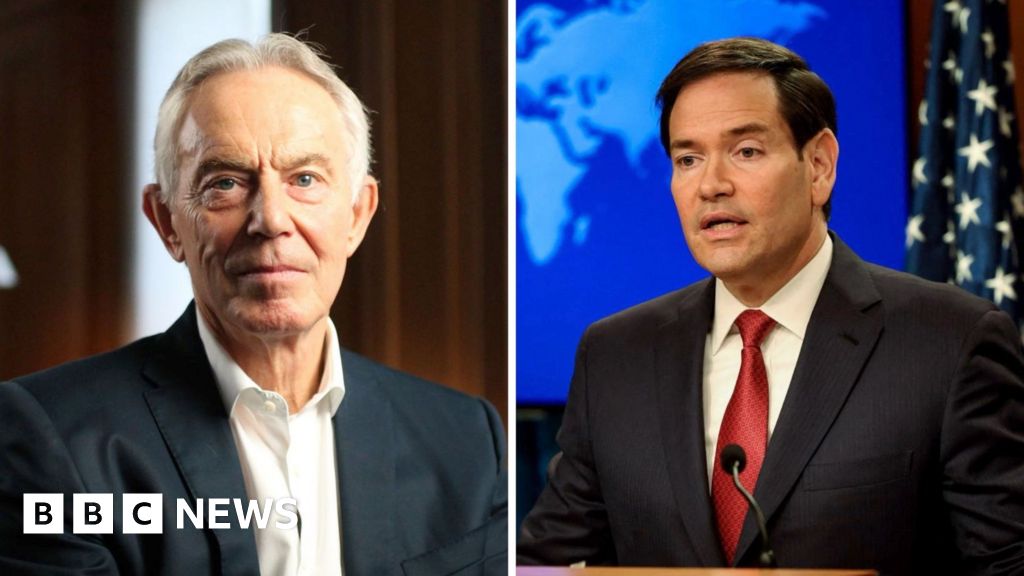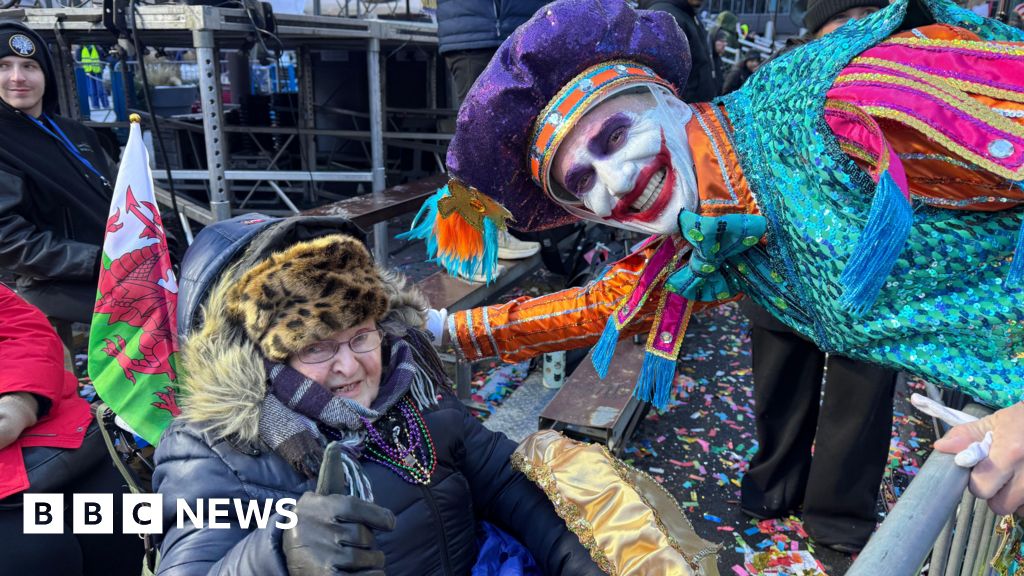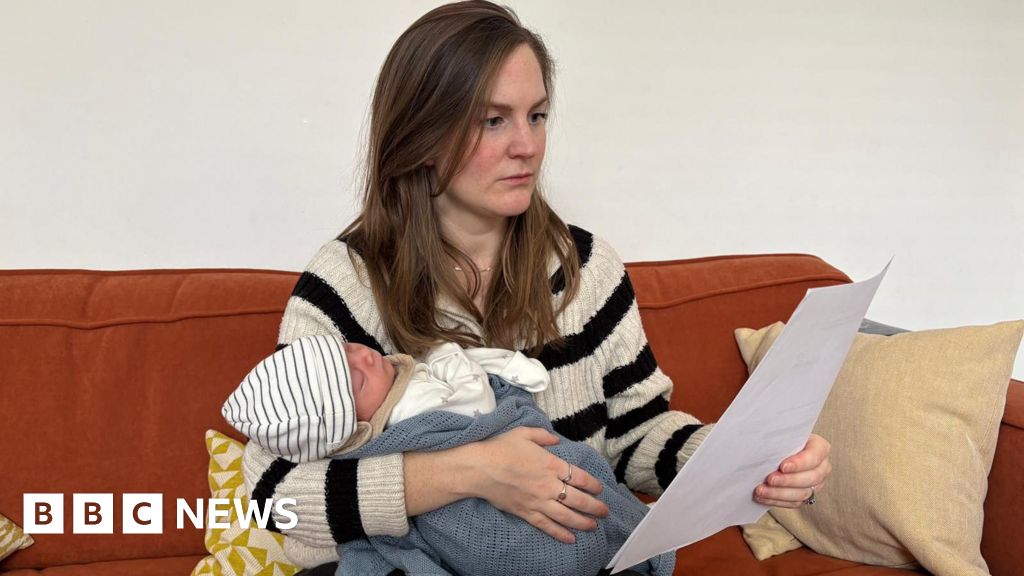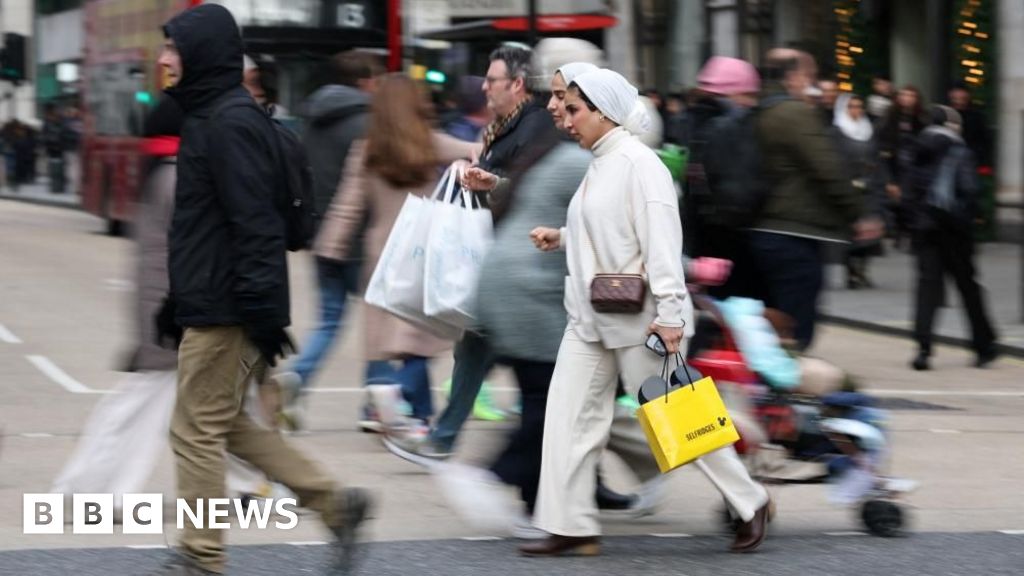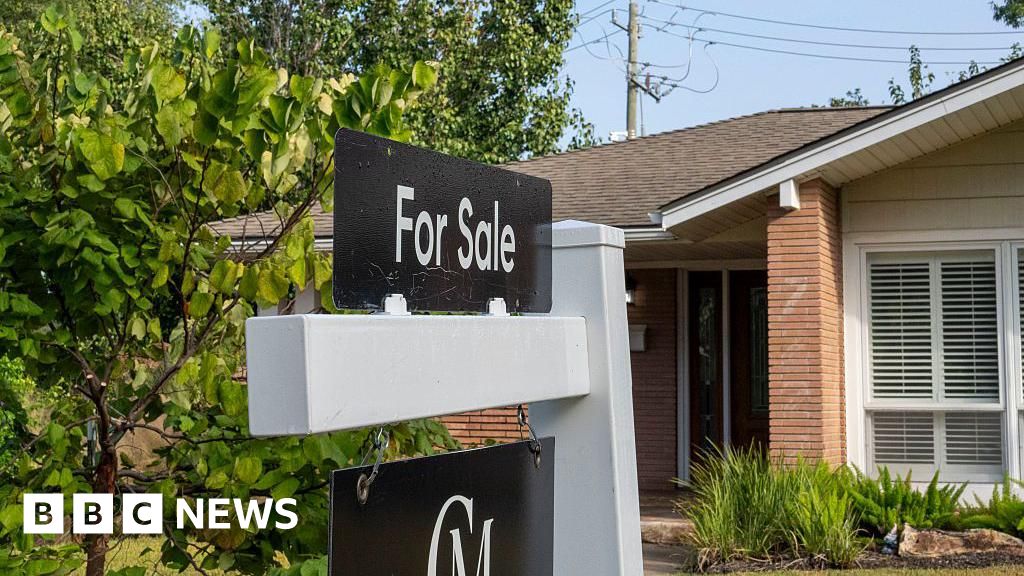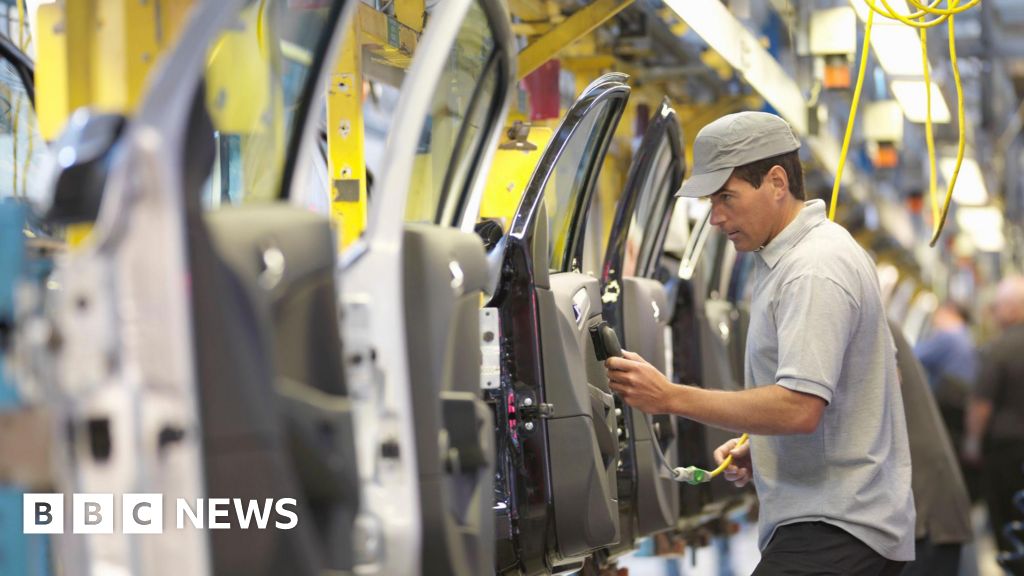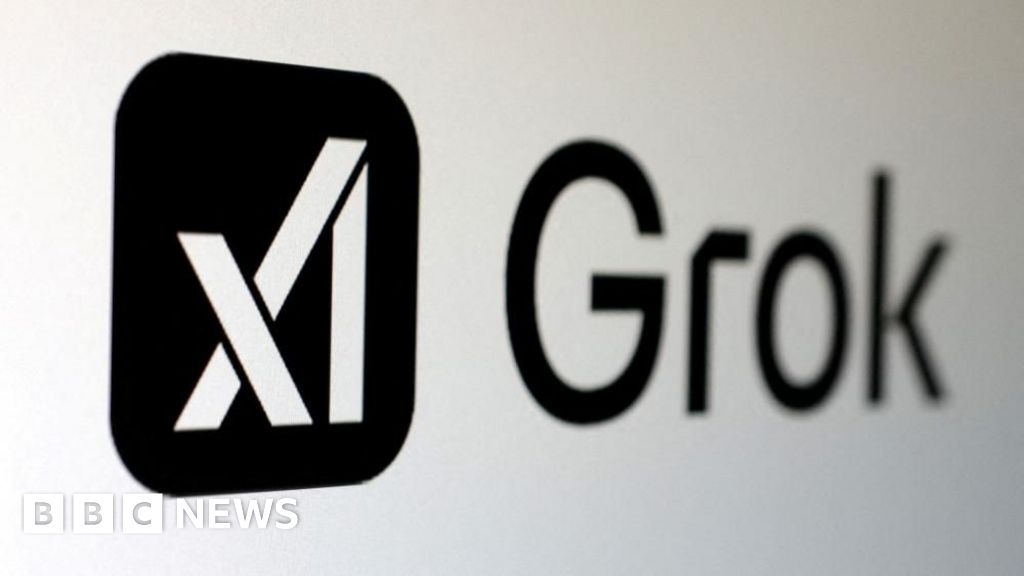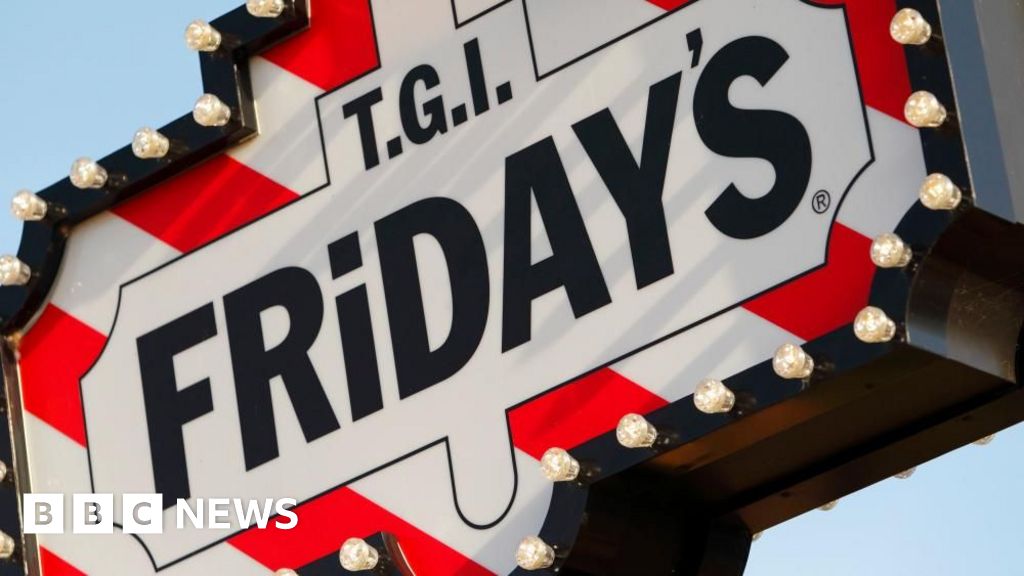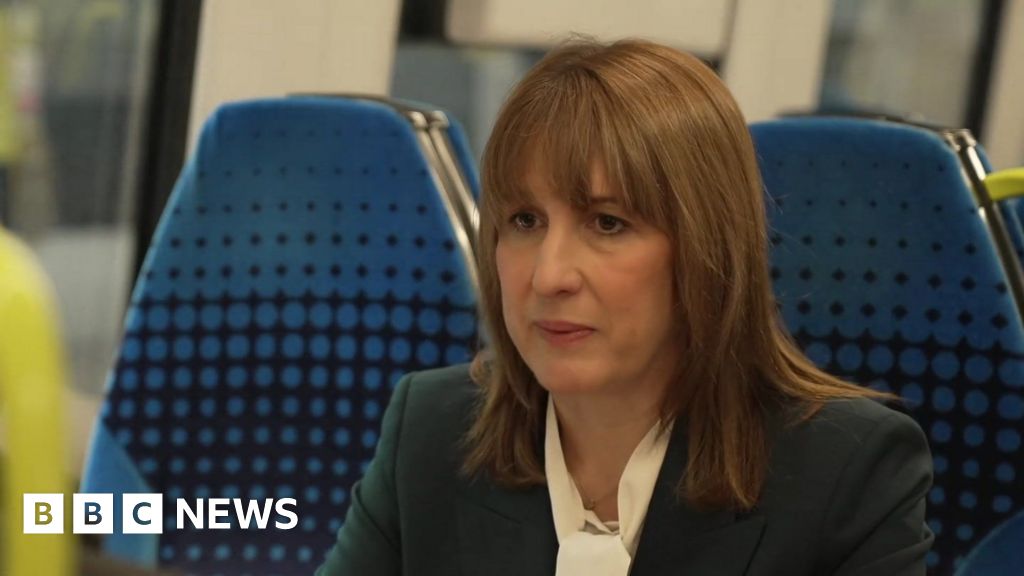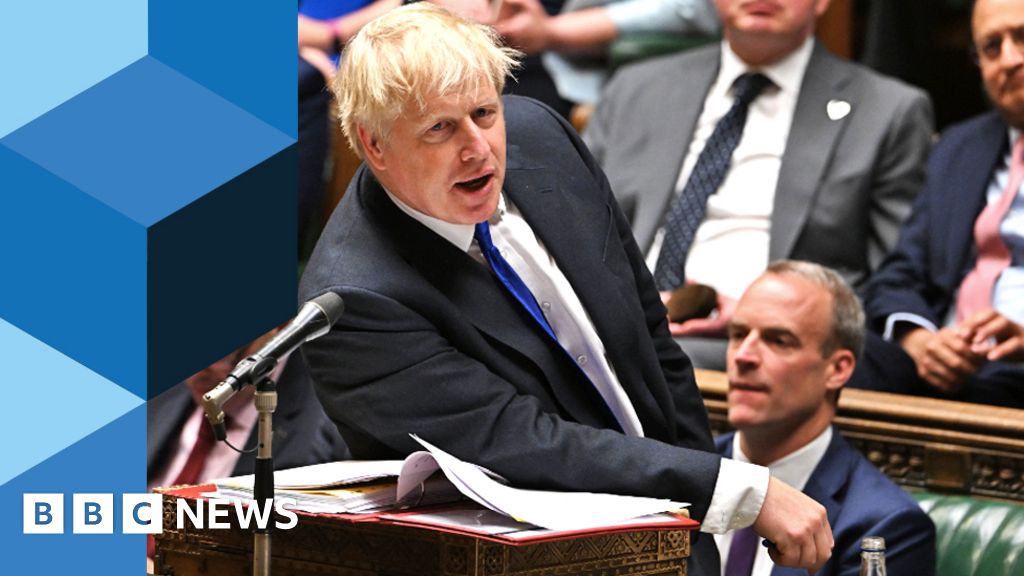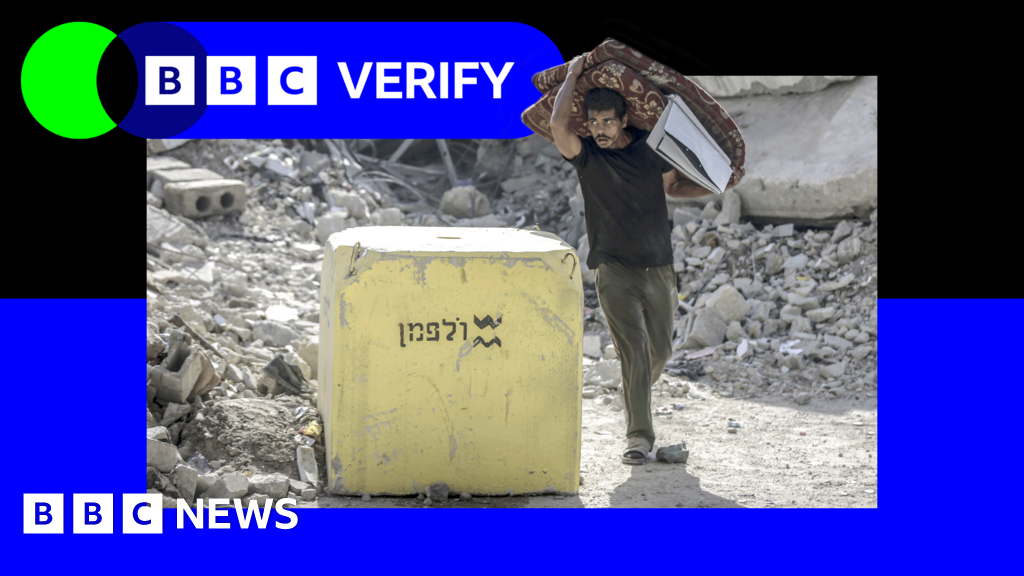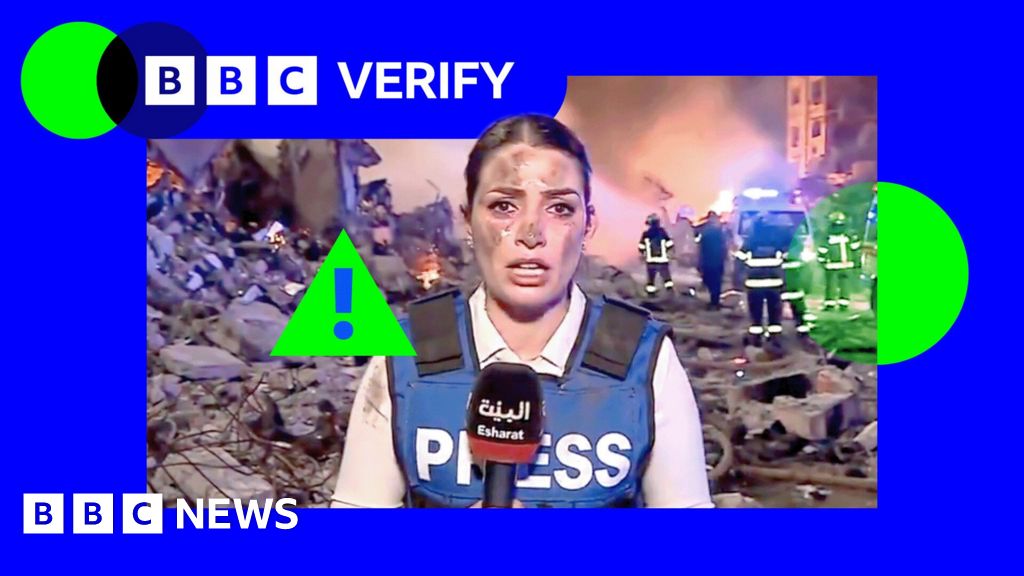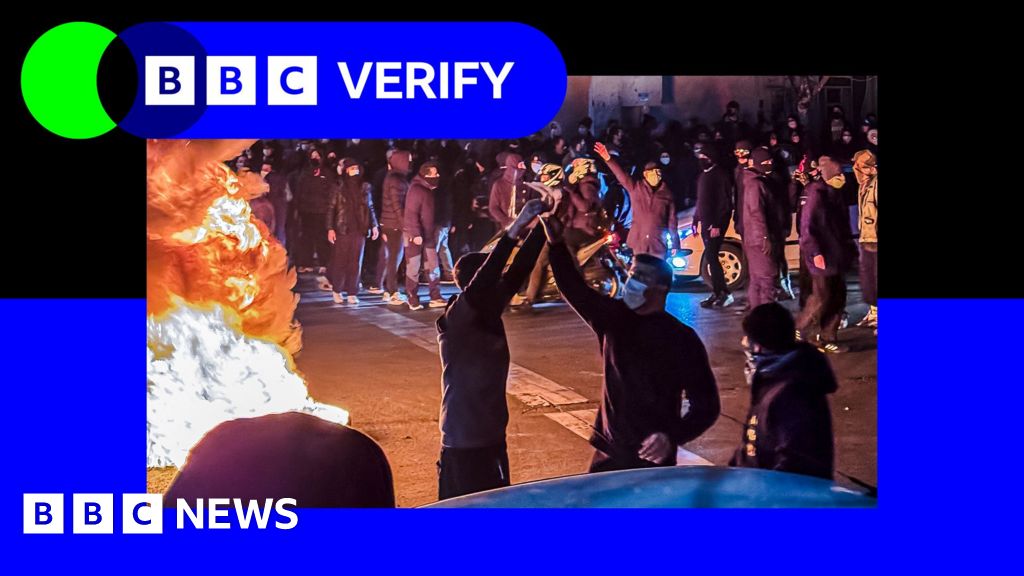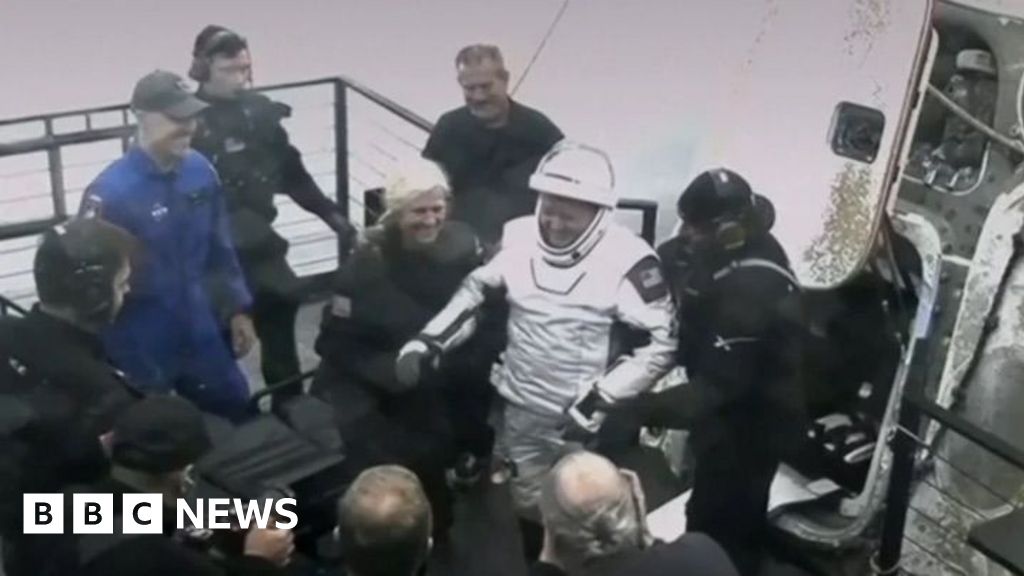By Reality Check team
BBC News
Boris Johnson has resigned as Conservative leader and will step down as prime minister when a new leader is found.
It follows a wave of resignations by Tory MPs and ministers – some of whom implicitly questioned Mr Johnson’s honesty.
During his three years he has been fact-checked regularly. Here are some of the claims that we examined when he made them (along with the articles from the time).
‘Put £500 into the pockets of everybody’
Boris Johnson unveiled the Conservatives’ plan to raise the threshold at which people start paying National Insurance contributions while electioneering in November 2019.
He said: “If we’re lucky enough to be elected, so the first Budget we will go up to the £9,500 threshold and that will, as I say, put £500 into the pockets of everybody.”
But this was incorrect. The Conservatives’ own press release said the benefit from raising the threshold to £9,500 in 2020-21 would be £100 per year. The Institute for Fiscal Studies (IFS) said it would be £85 per year.
‘There will be no checks on goods going from GB to NI, or NI to GB’
Mr Johnson made this promise about the Brexit deal for Northern Ireland – known as the Protocol – which he negotiated and signed.
But this assertion – in a Sky News interview in December 2019 – was simply not true. It contradicted the terms of his own deal – as we pointed out at the time.
There have indeed been checks on goods from Great Britain (GB) to Northern Ireland (NI) since the Protocol came into force on 31 December 2020. These have led to political problems in Northern Ireland and the government now wants to change the deal.
‘There are hundreds of thousands – I think 400,000 – fewer families living in poverty now than there were in 2010’
When we looked into Mr Johnson’s claim made in June 2020, we could find nothing in the official poverty statistics to back it up and Downing Street was unable to supply a source for the figure.
The Office of the Children’s Commissioner for England also examined the claim. Its analysis suggested that between 2010-11 and 2018-19:
- 800,000 more people in families were in relative poverty
- 100,000 fewer people in families were in absolute poverty
Neither of which supported Mr Johnson’s claim – which looks to have been incorrect.
‘I wear a mask wherever the rules say that I should’
Mr Johnson made this comment when asked at a news conference on 15 November 2021 whether he had worn a mask throughout his visit to Hexham Hospital a week before.
But it wasn’t true – photographs emerged showing him not wearing one during the visit.
He later apologised, saying he had briefly not been wearing one and had “put it on as soon as I realised I had made that mistake”.
‘The guidance was followed and the rules were followed at all times’
The prime minister was asked in Parliament in December 2021 whether there had been a lockdown-breaking party in Downing Street on 13 November 2020. He responded: “No, but I am sure that whatever happened, the guidance was followed and the rules were followed at all times.”
The report by civil servant Sue Gray into Downing Street gatherings says there were two that day. Boris Johnson was even photographed at one of them, with at least six other people and bottles of wine.
Boris Johnson pictured at Downing Street gathering on 13 November 2020
At least one person was fined for that event, so it is not true to say that the Covid guidance and rules were followed at all times.
A parliamentary committee is currently investigating whether Mr Johnson deliberately misled MPs about the matter.
‘Proudly restoring the crown stamp on to the side of pint glasses’
This Boris Johnson quote from January 2022 was in a government press release listing the “opportunities of Brexit”.
The crown stamp used to be required as a “conformity mark” – something showing that a product conformed with regulations – on British pint glasses. This changed in 2006 when it was replaced by the EU conformity mark CE.
But the quote was misleading. EU rules didn’t stop the UK from having a crown stamp on pints before Brexit as a decorative feature (as long as it didn’t overlap or become confused with the CE mark). A Conservative MEP even sought and received guidance on this matter in 2007.
In June 2022, government guidance said crown stamps would not be returning as a conformity mark on pint glasses – that would be the UKCA mark along with an M – but could be used as “a decorative mark only”.
Warm homes discount ‘worth £140 per week’
Also in January 2022, Boris Johnson said in Parliament that the government’s warm homes discount was “worth £140 per week”.
It was worth £140 for the whole of the winter, not £140 a week.
‘More people in work now than before the pandemic began’
In February 2022, Mr Johnson said at Prime Minister’s Questions that there were “more people in work now than before the pandemic began”.
But that was incorrect – the statistics regulator had criticised him the day before for making this claim on several previous occasions.
Mr Johnson was mixing up the number of people on payrolls, which had gone up, with the number of people in work, which had not. They are not the same thing – the payroll number excludes self-employed people, for example.
‘We have been cutting crime by 14%’
Mr Johnson also said this in Parliament in February 2022. The figure was incorrect because it excluded fraud and computer misuse.
When those were included, crime had actually risen by 14%.
The prime minister was criticised by the statistics regulator again.
Sanctioned ‘a further 100 last week’
Talking about sanctions against Russians over the Ukraine invasion. Mr Johnson told Parliament on 3 March 2022 that the UK had sanctioned “275 individuals already, a further 100 last week”.
He used the 100 figure several times that week but the government was unable to provide a list of who they were.
The lists they did send showed that only 15 individuals had been sanctioned in the previous week – a fact we highlighted at the time.
‘We’ve done more to resettle vulnerable people than any other European country since 2015’
Mr Johnson made this comment in Parliament in March 2022 when questioned about the UK’s record on refugees.
He was right about a very specific, small group of refugees, who were admitted to the UK from another country where they had initially sought refuge.
This would apply, for example, to someone who had fled the war in Syria and was now living in a camp in Jordan.
But the claim was misleading if you look at the asylum system as a whole. In the years from 2015-20, the UK was considerably behind Germany which took in 1,060,000 refugees compared with the UK’s figure of 92,000.

